Author Spotlight: Courtney Winterborne
Nothing Like Victory to Whet Your Appetite
or
More Balls Than Brains
As we ramp up towards April’s National Poetry Month, here’s another of Echobird Press’ poets: Courtney Winterborne. She’s been writing and performing poetry since she was a teen. Courtney is now a hair/wig, makeup and special effects designer for film, Broadway and opera and lives in North Carolina with her husband of 3 months and two spoiled cats.
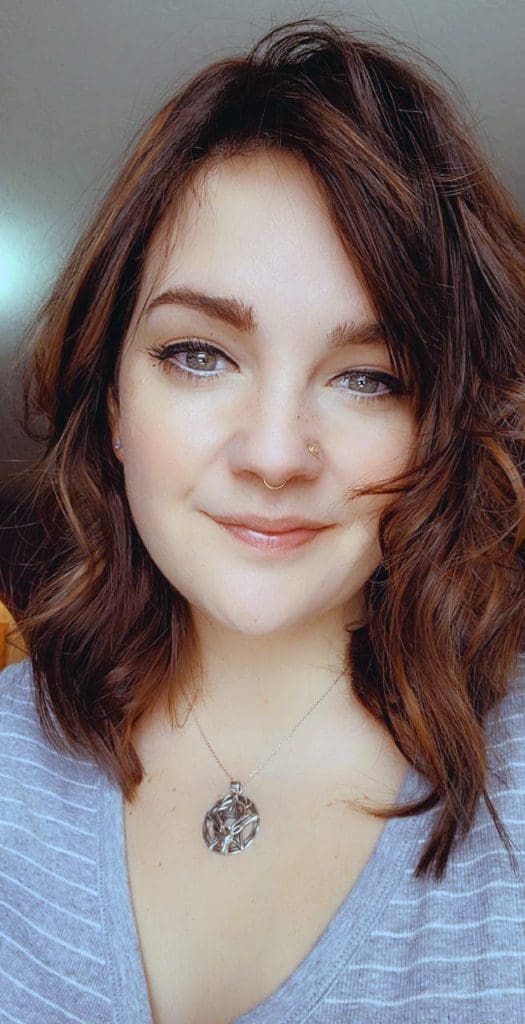
When was the first inkling that you’d be a writer?
I played with some poetry in elementary school, but didn’t have a strong pull just yet. In ninth grade, however, I had a very inspiring English teacher who infected me with her joy for words. I fell a little in love with Walt Whitman. I competed in a district wide writing competition and ended up placing 2nd for a short fantasy I had written. That’s when the claws sunk in! Nothing like victory to whet your appetite. I then discovered Slam poetry and became a competitor for the duration of high school.
What is the story of your first written work and how did you feel about it? How do you feel about it now?
My first written work of note was a Slam poem called Revolution X. This was before my generation was labeled Millennials and I had assumed we were considered a part of Generation X. It was anti-war and pro-education, and caused a big dust up in my home state when I started performing it at Slam competitions. Looking back now, it was more balls than brains. I was 17 when I wrote it and it shows… but that’s okay. I get a bittersweet feeling when I read it. I admire the passion of my past self. It brings up some latent frustration and anger towards the adults in my life when a bunch of scandals broke out around my work, but that’s a different conversation.
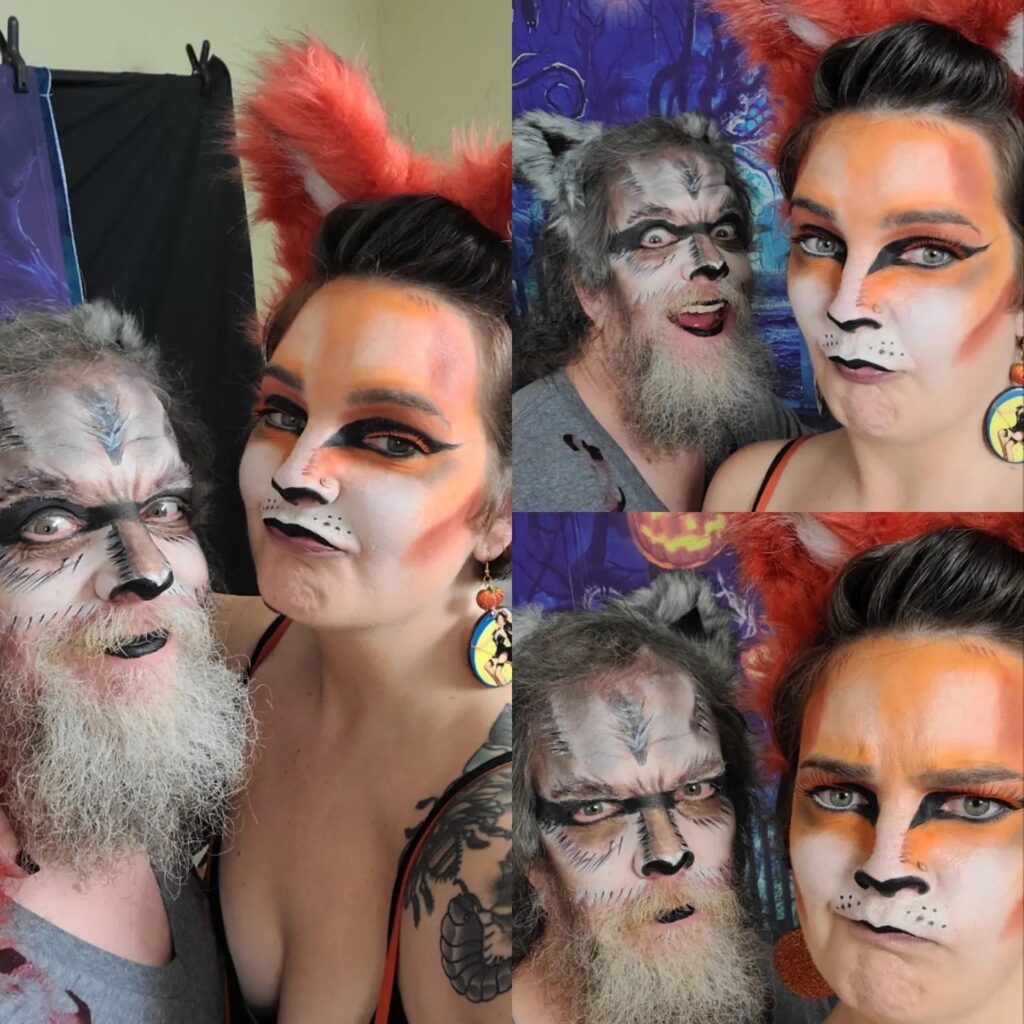
What is the biggest misstep, failure, regret or missed timing when it comes to your writing?
My second collection of poetry to be published was originally titled Gypsy Horses after the Vanner Cobb horses that are known for their fluffy feet and used by the Irish Romani. At the time, I did not understand that I was using a slur. Once this was pointed out, my first response was to be defensive. The first batch of books had already been printed! I didn’t mean it as a slur so why did it matter? I was referencing a breed of horse, not a people! I am not proud of my initial response. After sitting with my own discomfort (and embarrassment) I acknowledged I made a big mistake. I changed the name of my book to Wild Horses. This was a massive learning curve for me. I am appreciative of the folks who called attention to this and gave me the time and grace to rectify it on my own.
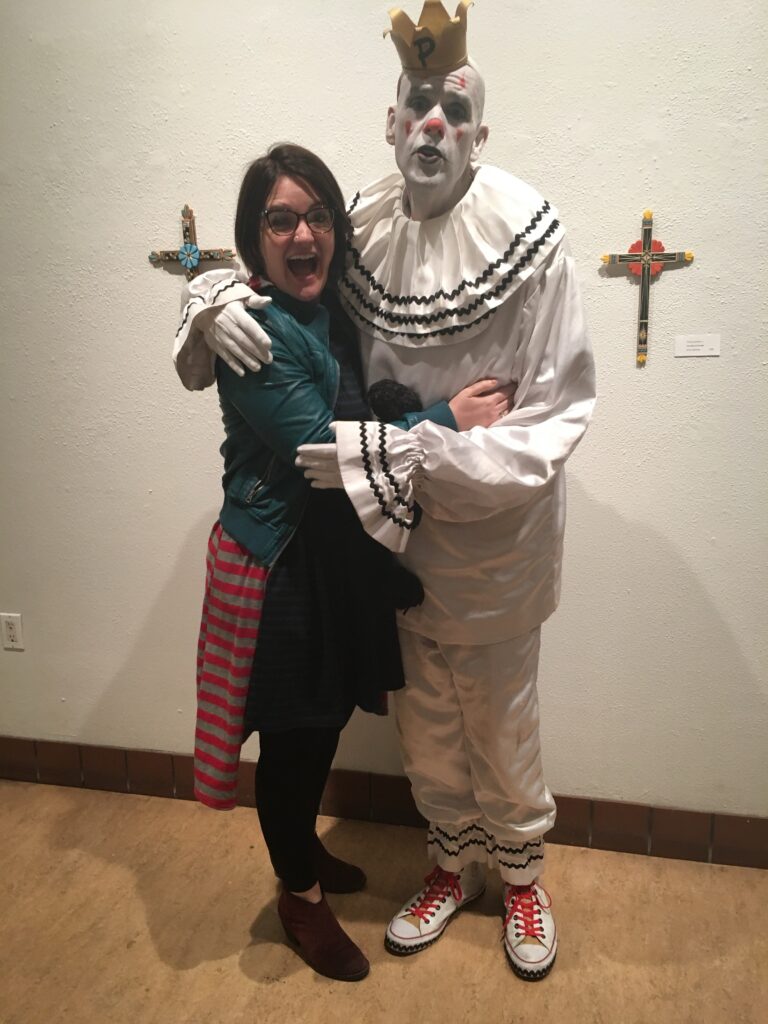
Why do you write? Why don’t you write when you know you “should”?
For a very long time, I wrote to understand how I was feeling. I would often be inundated with large emotions and didn’t have a way to understand them except for writing them down. I discovered that extended metaphor was a way for me to understand my complex, internal world while providing satisfaction in turning something difficult into something beautiful. The downside of that is that I have a habit of not creating poetry when I am experiencing joy. I also did not develop the habit of writing on a schedule – which is something I am currently trying to mend. My goal for this coming year is to revisit a novel I began about five years ago.
What is the setting for the most memorable writing experience you’ve ever had?
Writing poetry, fiction and scripts in Swansea, Wales is pretty legit! Granted, you often end up in the pub because it rains so damn much…Definitely the most beautiful setting I’ve ever written in. If you can’t write poetry up the street from Dylan Thomas’ house, you’re totally fucked.
What is in your writing “toolkit?” How do you write – by hand? on your phone? on anything that comes within reach?
I didn’t realize I had such strong preferences until my laptop died. I am happy to jot down initial thoughts and poetic structures in the notebook I carry, but I need a laptop with a full keyboard in order to get into the necessary flow space. Even more specifically, it has to be a full keyboard with the right kind of keys that “click” appropriately otherwise it doesn’t work. I chalk that up to being a kinesthetic learner first, an auditory learner second, and some degree of neurospicy.
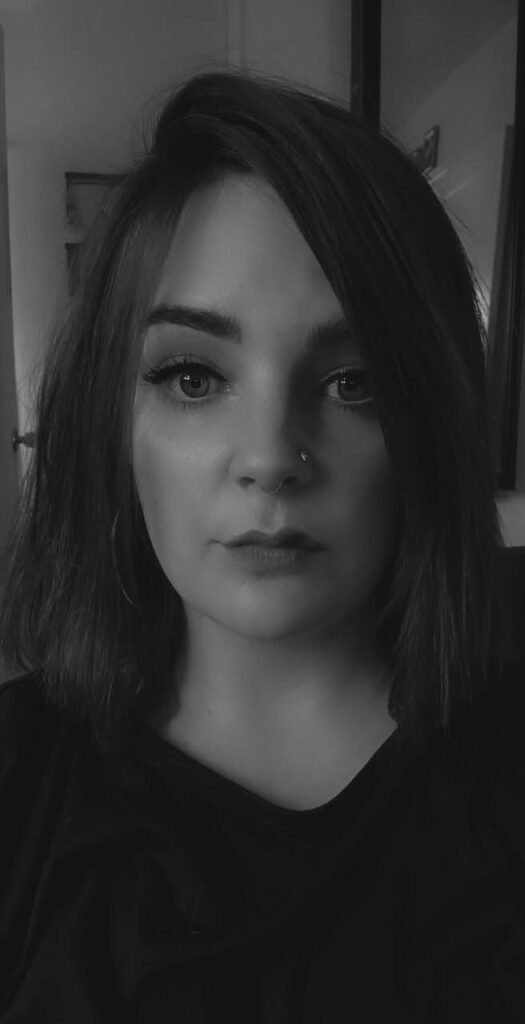
How has writing and poetry saved your life?
Literally, writing poetry helped save my life when I was suicidal in graduate school. In a less tangible sense, writing helped me understand myself. Through that understanding I developed an identity, a sense of belonging and boundaries. I developed a talent and skill that engendered a sense of joy and pride I had not experienced before. Now, my previous works act as a catalyst for moving forward in the hopes that I can stretch myself more as a creator – in dark, uncertain times it is crucial to be inspired to continue on, even if it is only to be marginally better than you once were.
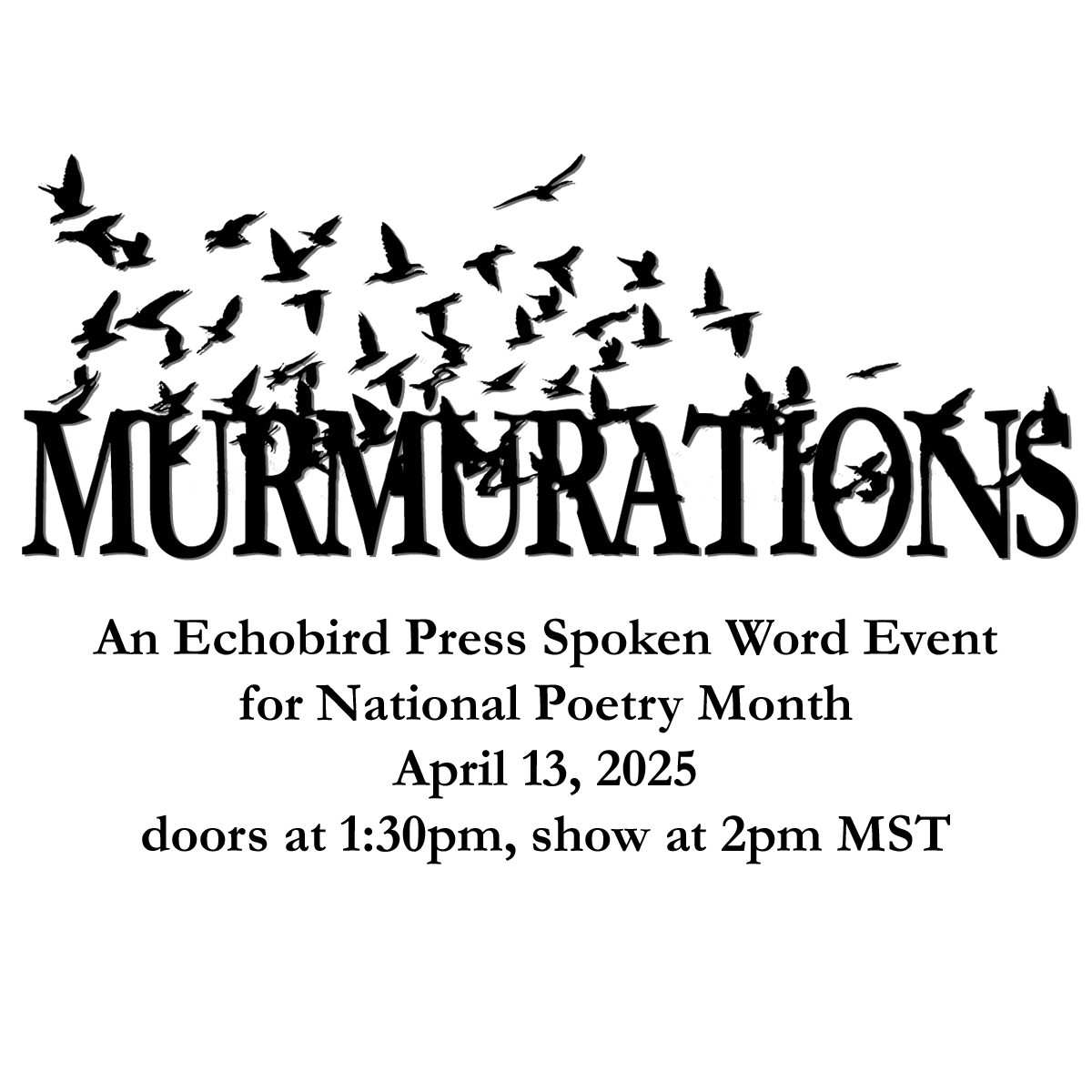
I have been a big fan of Courtney’s work for many years. Great interview!